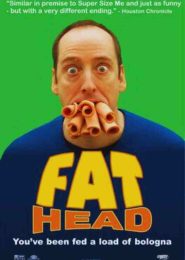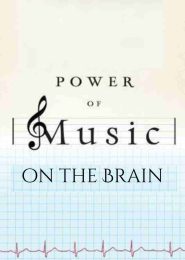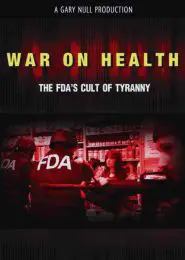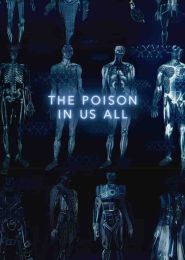Our Chemical Lives (2015)
The Our Chemical Lives documentary, which aired in 2015 on ABC, delves into the intricate web of chemical exposure that permeates our daily existence. Thousands of these chemical compounds infiltrate our lives through water, food, and even the air we breathe. It’s a chemical soup that surrounds us, shaping the modern world.
The film raises critical questions: Are there adequate regulations and rigorous testing procedures for these ubiquitous chemicals? Or are we unwittingly part of an uncontrolled, human experiment?
Here’s a glimpse into the documentary’s exploration:
- Chemical Pervasiveness: The film highlights how thousands of chemicals are woven into everyday products, from cleaning supplies to personal care items. These substances seep into our water supply, contaminate our food, and linger in the air we inhale. The result? A chemical-laden environment that is virtually impossible to escape.
- Endocrine Disruptors: One crucial aspect explored is the impact of endocrine disruptors. These toxic substances interfere with our hormonal balance, affecting our health in profound ways. Shockingly, exposure to these chemicals begins even before birth, leaving lasting effects throughout our lives.
- Balancing Act: Our Chemical Lives prompts viewers to question their choices. How can we minimize exposure to harmful chemicals? What alternatives exist? The documentary serves as a wake-up call, urging us to be more conscious consumers and advocates for safer living environments.
- Human Experiment: The film doesn’t shy away from the unsettling truth: We are unwitting participants in a vast, uncontrolled experiment. As we navigate this chemical-laden landscape, it compels us to seek a balance that prioritizes health and well-being.
- Call to Action: Whether you’re an individual concerned about your own well-being or a policymaker shaping regulations, Our Chemical Lives invites you to engage in a dialogue. Let’s explore healthier alternatives, demand better testing protocols, and create a safer future for ourselves and generations to come.




